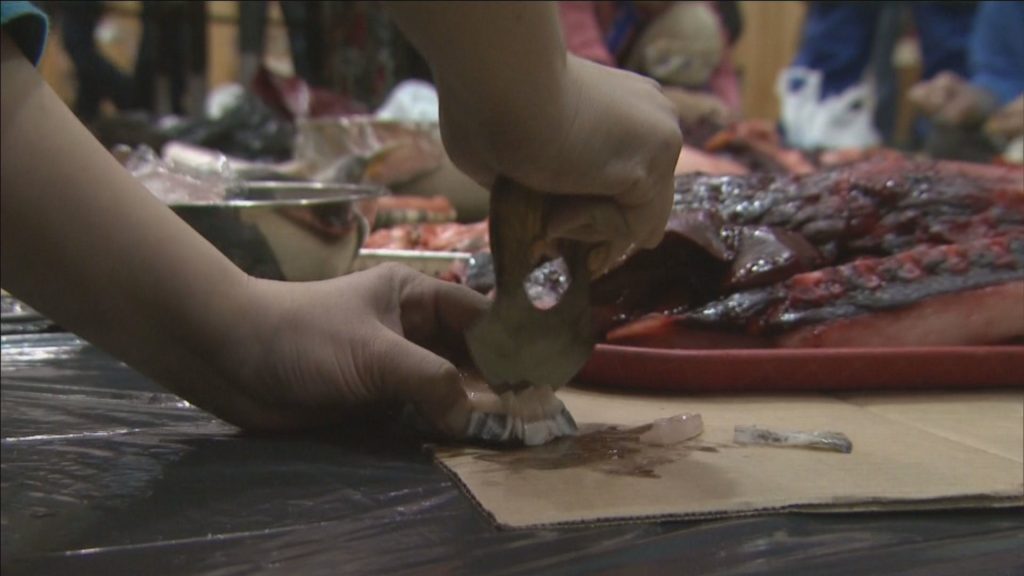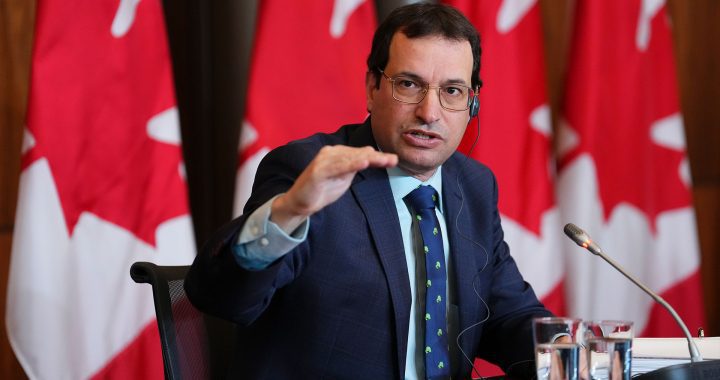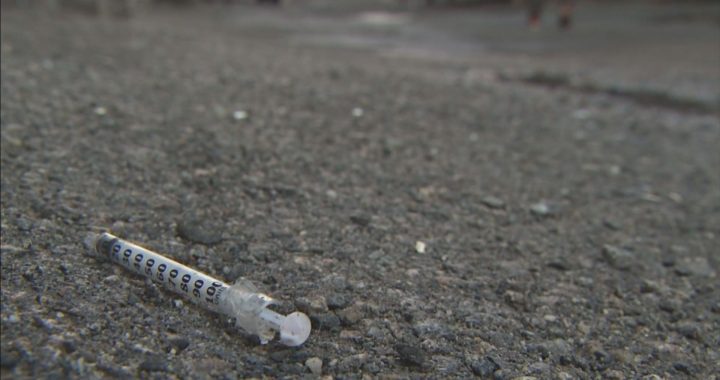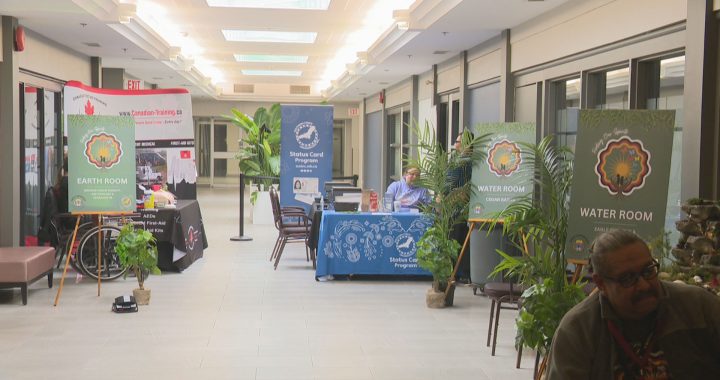
A spokesperson for the North West Company (NWC) says it’s open to any invitation from the Parliamentary Indigenous Affairs committee to talk about the federal government’s food subsidy program.
“We will be assisting in any way we can, with the study on Nutrition North Canada,” said Darryl Martin, director of marketing and communications for The North West Company. “We intend to participate in the committee.”
In early April, NDP MP Lori Idlout (Nunavut) passed a motion in the Indigenous affairs committee to have the CEOs of a number of the companies, including NWC, and the minister come before the committee to discuss the subsidies and why food prices remain high.
No date has been set for the hearing.
The NWC is one of nine “registered northern retailers” that receive subsidies under the federal government’s Nutrition North Canada program or NNC. The program is offered in 125 communities across the north and in remote areas. The program provides subsidies to companies that are supplying goods in these communities to make them cheaper for consumers.
But a recent report from the Journal of Economics said that only .67 cents of each federal dollar was going to consumers. Prior to the April 16 budget, the program was spending about $139 million per year on the subsidy. According to Crown-Indigenous Relations and Northern Affairs, the budget for 2024 will be $144.9 million for the subsidy program.
The program is administered by Northern Affairs Canada and Minister Dan Vandal. After APTN’s story Food for Profit aired in January, Vandal was asked numerous times in the House of Commons about the subsidy program.
“Our government is absolutely committed to ensuring 100 per cent of the Nutrition North retail subsidy is passed on directly to northerners,” said Vandal in February. APTN has not been able to interview the minister about the amount of the subsidy he believes is going to consumers.
At a committee meeting on March 20, Vandal announced that his department is undertaking an “internal review” of the Nutrition North Canada program.
According to the program’s guidelines, 100 per cent is to be passed on to consumers and the NWC told APTN in January that it is. But to date, no one has explained the findings of the study that shows it doesn’t.
High food costs is an issue that plagues Inuit women says Pauktuutit, an organization that represents Inuit women in the four Inuit territories in Canada. Those food prices are now “inflated beyond reasonable affordability” it said in a statement to APTN.
“Canada must address accountability and transparency in the subsidy allocations with the Nutrition North Program,” said Nancy Etok, president of Pauktuutit Inuit Women of Canada. “More critically, it must shift its policy to address Inuit-led solutions that are reflective of our communities, dietary preferences, and food systems.
“Sustainable solutions must integrate wider gender-specific policy perspectives like poverty elimination, infrastructure gaps, and access to safe, affordable housing. These are all key factors that will contribute to sustainable solutions and food security.”
Plan for food insecurity across Inuit Nunangat

According to the federal government, NNC supports the Inuit Nunangat Food Security Strategy, a study that was written by the Inuit Tapiriit Kanatami or ITK, an organization that represents Inuit across the four territories. The ITK calls the study a “road map” to food security for Inuit Nunangat. But it said current policies are falling short.
“No corresponding federal food security or poverty reduction programs, policies, or initiatives are in place in Inuit Nunangat that are ambitious enough to achieve these commitments,” the report said. “As a result, the unacceptably high prevalence of food insecurity among Inuit remains largely overlooked by governments. The high prevalence of food insecurity among Inuit is among the longest lasting public health crises faced by a Canadian population.
“Moreover, Inuit face the highest documented prevalence of food insecurity of any Indigenous people living in a developed country.”
The study outlined four solutions including support for Inuit-led initiatives to sustain and promote the country food economy; address infrastructure deficits focusing on transportation issues in various communities that impact the Inuit Nunangat food system and assess the adequacy of social assistance programs.
The development of targeted and comprehensive air transportation policy solutions are needed that will not only help bring food transportation costs down, but lead to many social and economic benefits, including the reduction of food waste, increased food availability, increased sharing of country foods between communities, and ultimately a reduction in the high cost of living overall,” the study said.
APTN reached out to ITK to comment on the NNC and whether it supports its research but in a short statement the organization said it is “not in a position to comment on this right now.”
According to Budget 2024, the federal government is also putting more money into the country food system across Inuit Nunangat and remote communities including “$101.1 million over three years starting in 2024-25, to support the Harvesters Support Grant and Community Food Program Fund and promote Indigenous communities in implementing culturally appropriate, local solutions to address food insecurity.”
“As part of the government’s work to eradicate food insecurity, Budget 2024 proposes to provide: $14.9 million over three years, starting in 2024-25, to renew and expand the Northern Isolated Community Initiatives Fund to all regions of Inuit Nunangat to support local and Indigenous food production systems, including innovative northern food businesses, which contribute to food security in the North,” said the budget document.
Read More:
Federal government’s internal review of Nutrition North Canada ‘insufficient’ says NDP
APTN Investigates: Food for Profit
Canada also committed to adhering to the UN’s “2030 Agenda’s 17 Sustainable Development Goals” which include “goals to end hunger and poverty.”
Idlout said action is needed to alleviate hunger in northern and remote communities.
“I called on the CEOs to come to Parliament to explain why they’re taking the subsidies to [allegedly] go to their profits, and not lower food prices for Northerners,” she told APTN in a previous interview.
APTN reached to the chair of the Indigenous affairs committee, Liberal MP John Aldag, on a possible date but didn’t hear back before this article was published.









